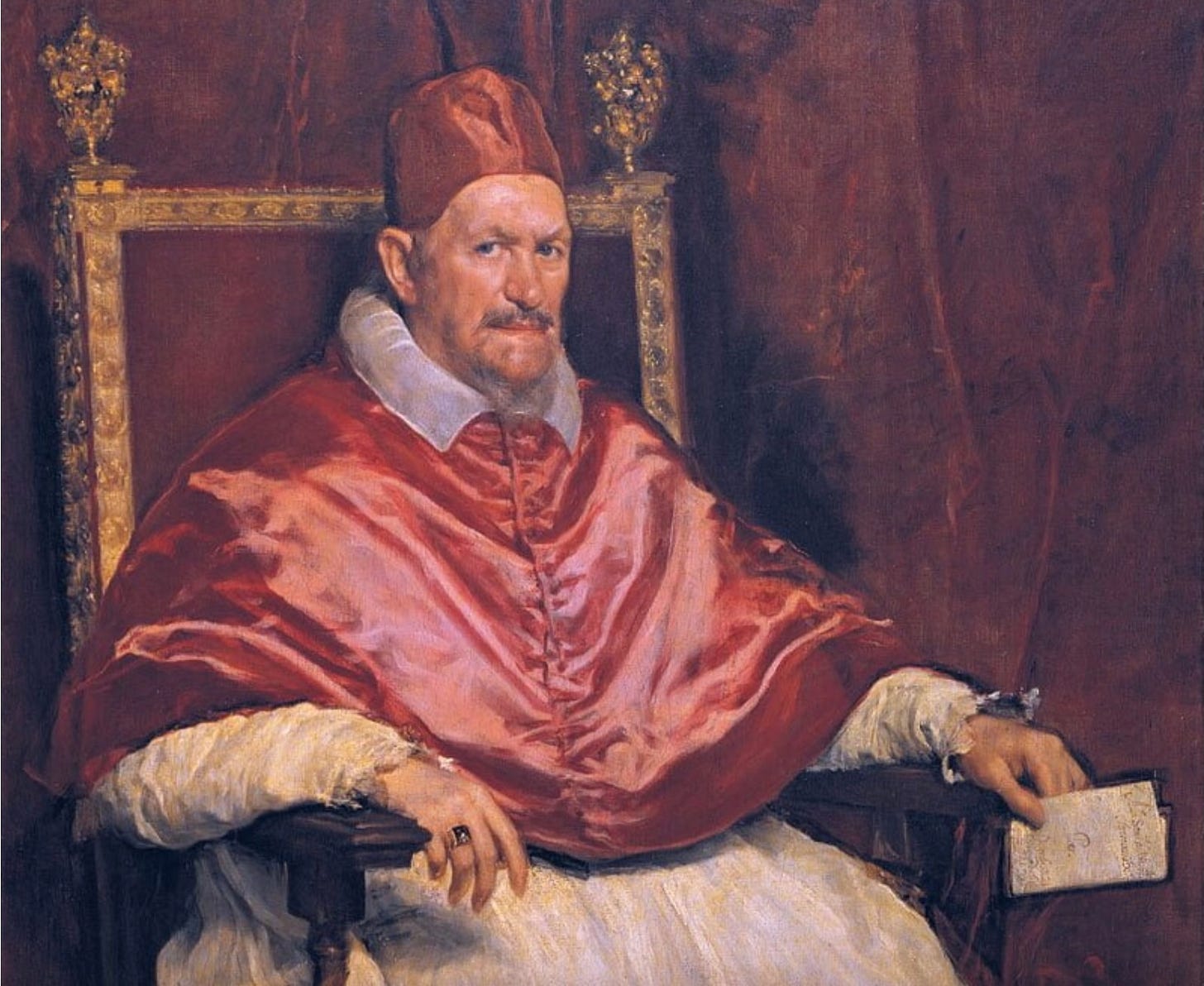I was visiting the Roseto Comunale in Rome, a very beautiful rose garden which opens only in the Spring, quietly reading a book, when a nun passed running by, seemingly in great agitation. I thought it was strange, then I heard police cars, screams and general commotion in the city, and then I realized: white smoke had just come out from the Vatican's chimney. The conclave had elected a new Pope.
I went straight to the Vatican — a walk of about forty minutes, but it was faster than trying to take a bus in that chaos — and I was able to hear live the announcement and the first pronouncement of the new elected Pope. I say hear, and not see, because there was a huge crowd, and from where I was I could not see the balcony.
At first, from his accent, I thought the new Pope was Peruvian, but apparently he is an American of French, Italian and Spanish origin who lived in Peru for many years.
I'm not sure what to think of him yet. Word is he is politically liberal and very close to Bergoglio, in fact chosen by him for his previous position.
The fact that he is American could be significant. It could be an attempt to further consolidate the progressive movement in one of the few more conservative areas remaining.
Two of the most outspoken critics of the former Pope Francis, and who have been excommunicated or censored by him, are Americans or live in America: Archbishop Carlo Maria Viganò (Italian, but was for many years the Papal Ambassador to the U.S.), excommunicated this year, and Bishop Joseph Strickland, who was not excommunicated yet, but was removed from his position by Bergoglio. In fact, it seems that the new Pope, Robert Prevost, now going by Leo XIV, helped to remove Bishop Strickland from his position.
So the fight between reformers and traditionalists is going on, and the reformers are winning.
It was not just Francis that was heavily criticized by the more traditionally minded. Some even go so far as saying that all Popes elected since Vatican II are invalid, since, according to them, Vatican II completely changed the direction of the Catholic Church, modifying the traditional faith with an attempt to create a new, modern, “humanistic” global religion. The fact is that, Vatican II was a watershed, and, since 1962, “conservatives” and “progressives” have been fighting it out.
Of course, talking about “conservative” and “progressive” movements inside the Church is a bit of a contradiction. It would be more correct to talk about “traditionalists” and “reformers", or perhaps even more correctly, “catholics” and “non-catholics”. Either a religion has pretty much inflexible principles and dogmas, or it is not a religion.
Many people today, and even many church members, don't understand the main purpose and function of religion in society, confusing it with a political party. It is supposed to be a bedrock of principles that remain fixed and do not change according to the whims of the time or the fads followed by the people.
Otherwise, what is its point?
Of course, a church cannot completely lose touch with its flock, so I suppose it also has to engage with at least some contemporary topics, but it shouldn't be its main purpose.
In any case, I am not a particularly hardline Catholic, and in fact I am almost wholly ignorant of most Catholic dogma — I like the old-style Latin Mass mainly for aesthetic reasons — but even I can see that a “progressive church” is a sort of contradiction in terms.
Just look at protestantism, which changed so much along the years that is now completely indistinguishable from any leftist political movement. Women priests, rainbow flags, you name it, they have it all. And Catholicism seems to be going the same way. In any case, to me, Protestantism was always a (heretical?) form of Christianity, deprived of almost all of the elements that make it interesting or beautiful (except for the music — they did make beautiful music, in particular the Germans). Funnily enough, protestantism was supposedly created to counter the corruption of the Catholic Church, but it became even more corrupt — just look at the evangelical megachurches in the U.S. (and not just there) which have become basically like enterprises, almost wholly about making money.
So, the election of Robert Prevost seem to indicate that the reforms will continue, but we'll see what happens. There are prophecies, I think I mentioned them previously, that this Pope could be the last one, after which Rome, “the city of the seven hills", will be destroyed, and Judgment Day will come.
Oh well. I guess at least I could visit Rome for a little while before its apocalyptical destruction… It's a nice town indeed.





Hey now! I was raised protestant I take that statement personally, I am never reading another one of your articles again. Ptooey. I am kidding of course.
You're not wrong in your assessment a lor of churches have gone progressive trying to keep up with contemporary sentiments to draw in the the current crowd.
I grew up in a Baptist church where the men were the leads in the church and when you went to church the men wore suit and ties and the women wore dresses. I am not sure if it's still that way but it's how it was in the 90s and early 2000s. The main rituals were Communion and Baptisms that only happen once. Some Protestant churches do multiple Baptisms on one person.